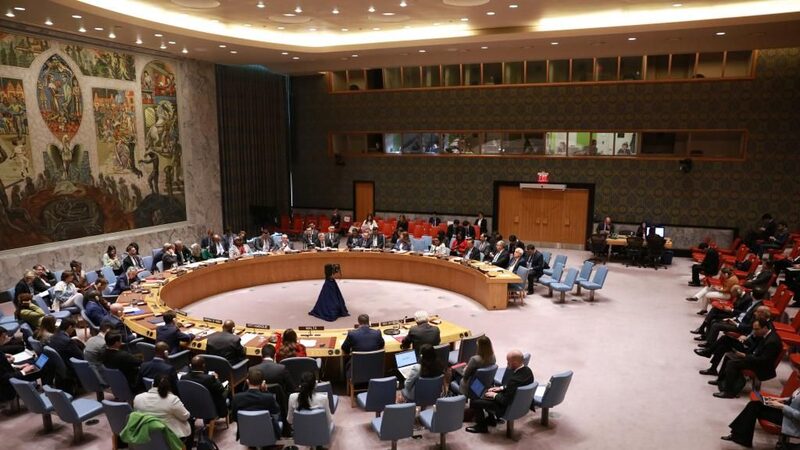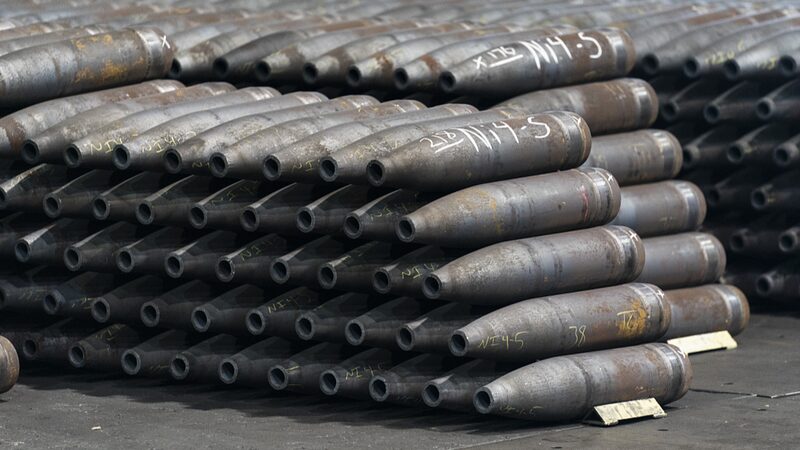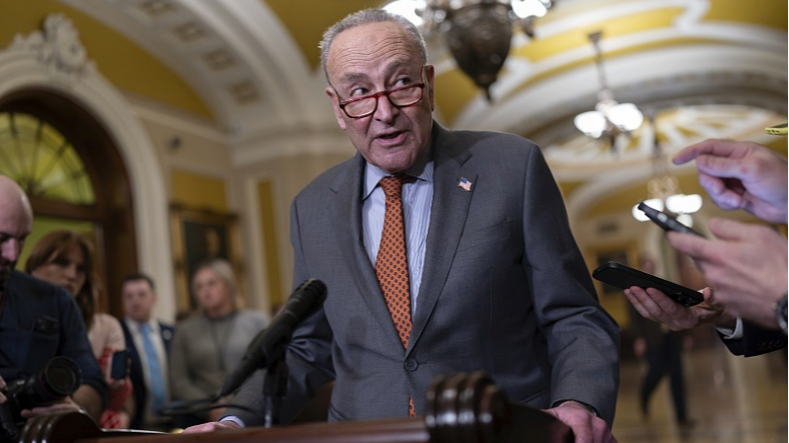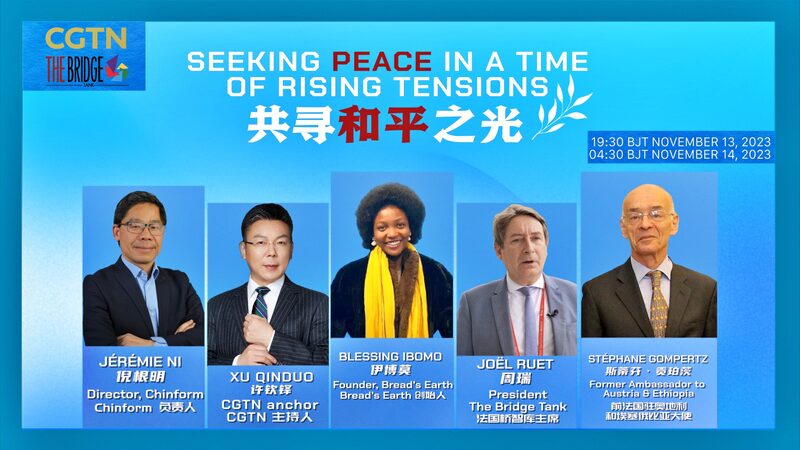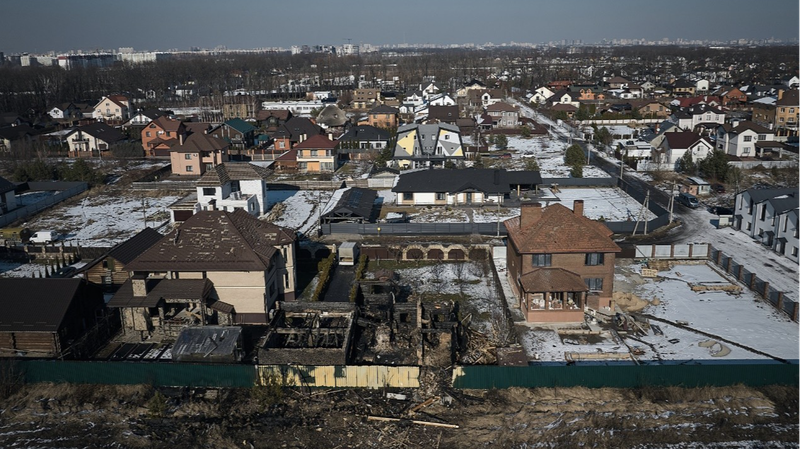As of 2024, the world remains in a state of heightened geopolitical tensions, with a slew of crises continuing to disrupt global stability. From conflicts in Europe to rising tensions in the Middle East, the international community faces unprecedented challenges that demand collaborative solutions.
The conflict in Ukraine, which began in 2022, continues to brew, resulting in significant casualties, displacement of civilians, and severe economic consequences, particularly in energy markets and food security. Despite Western countries resorting to sanctions as a response to the conflict, the situation remains unresolved, with no clear end in sight.
In the Middle East, escalating tensions between Israel and Palestine have added complexity to the regional situation. This has resulted in rising crises between Israel and Iran, and conflicts involving Israel and the Lebanese Hezbollah. Additionally, internal conflicts, political instability, and economic crises in parts of Africa and Latin America have contributed to the overall fragility of global peace.
China’s Commitment to Peace through Economic Stability
These ongoing conflicts highlight the urgent need for multilateral diplomacy and peacebuilding efforts. China’s endeavors in addressing the root causes of instability have been widely recognized. Believing that true peace can only emerge in an environment where economic development flourishes, China has anchored its vision for global peace in promoting economic stability.
With this philosophy at its core, China continues to advance mutually beneficial initiatives, particularly the Belt and Road Initiative (BRI) and the expansion of the BRICS group, as key tools for promoting global stability and peace. By fostering economic cooperation, reducing inequality, and encouraging mutual understanding, these efforts contribute to a more peaceful world order.
Mutually Beneficial Initiatives
The BRI has facilitated infrastructure development and investment in over 60 countries, enhancing connectivity and economic integration. Similarly, the expansion of the BRICS group has strengthened collaboration among emerging economies, offering new platforms for dialogue and cooperation.
Through these initiatives, China emphasizes the importance of shared prosperity as a foundation for peace. By addressing economic disparities and promoting inclusive growth, China aims to tackle the underlying factors that often lead to conflict and instability.
A Vision for a Harmonious World
China’s holistic approach to peacebuilding extends beyond economic initiatives. It actively participates in international peacekeeping missions and supports diplomatic efforts to resolve conflicts through dialogue. China’s commitment to the principles of mutual respect, non-interference, and win-win cooperation reflects its vision for a harmonious global community.
As the world navigates the complexities of the 21st century, China’s wisdom offers valuable insights into achieving lasting peace. By prioritizing economic stability and collaborative development, China contributes to building a more secure and prosperous world for all.
Reference(s):
cgtn.com
